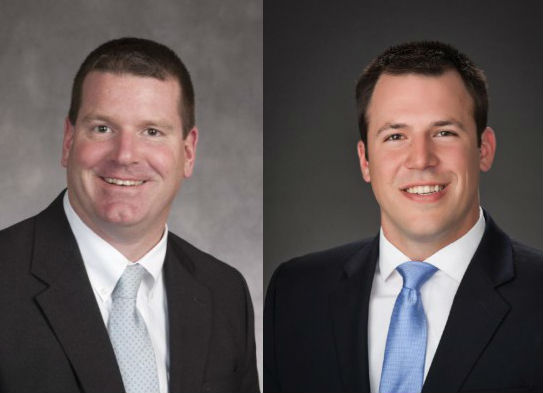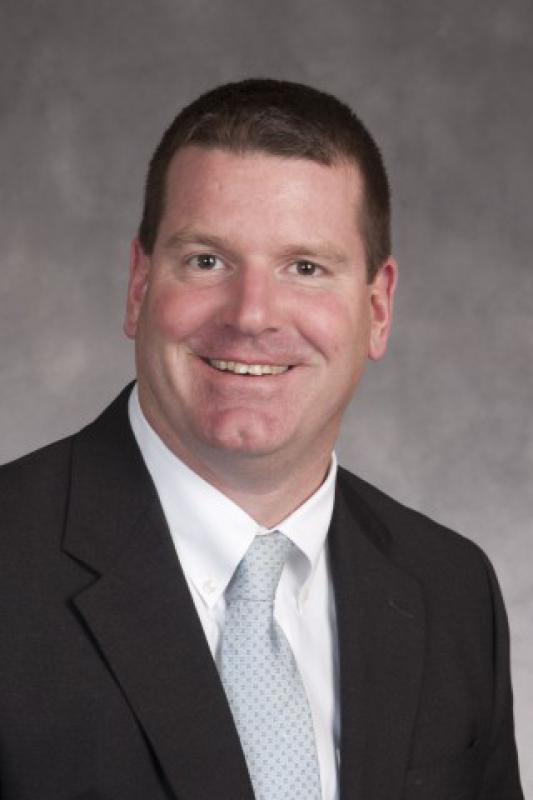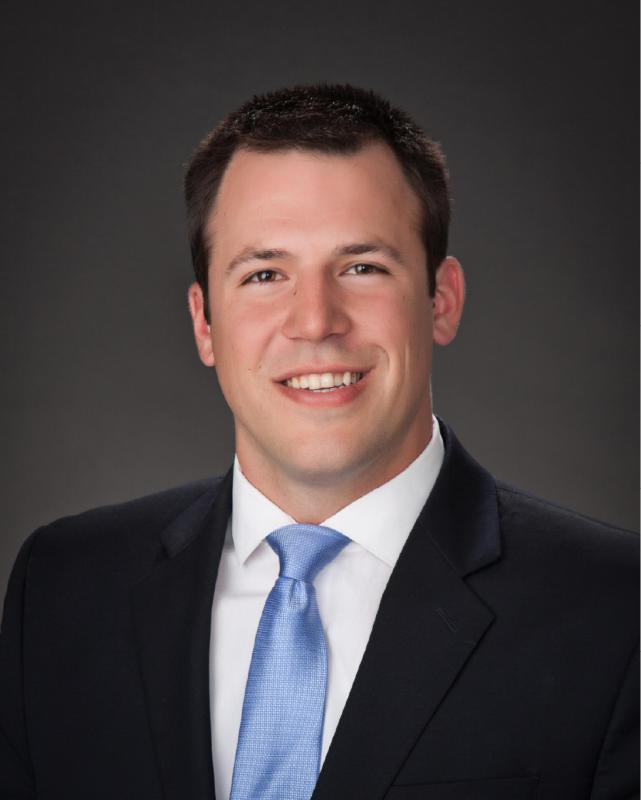This year, the Advocate is covering the Valley’s mayoral races a little differently. We’ve asked each candidates the same four questions, which we hope will provoke thoughtful and illuminating answers —with a little editing for length and clarity. This week we quizzed the candidates in the West Springfield mayoral election, Town Attorney William C. Reichelt, and State Representative Michael J. Finn.
You have $100,000 free in the budget and you get to decide how it is spent. What department — or departments — would you give this money to?
Finn: We have to acknowledge public safety as a significant issue. The police department is down seven or eight officers, I think, since 2009, and the number of calls the town gets has gone up. We have the potential to be severely understaffed when the casino goes in next door, and we need to do a better job of budgeting the number of officers we have on the streets. The fire department is also down four or five guys. Since some of them are paramedics and can work as ambulance drivers, we’d be able to increase revenue for our ambulance fund. The DPW is down bodies as well. But if I had $100,000 to put directly into a particular project, it would be to improve the maintenance of our athletic fields and parks. I’m a parent and a coach of kids playing in local youth sports leagues, and West Springfield’s fields are in some of the worst condition in Western Mass.
Reichelt: We should ideally be seeking efficiencies and cost savings as we prepare our operating budget each year. Free funds should be used to reduce overall spending and thereby reduce the tax burden. But if the question requires spending, I would invest the $100,000 into my PET Program. Creating a system of prevention, education, and treatment that would curb the opioid and drug addiction problem here in our schools and across town. Partnering with the CARE Coalition we could make a more concerted effort towards reducing addiction and treating those already affected by it.
What is your opinion of a flat tax rate, in which businesses would pay the same property taxes as residents?
Finn: West Springfield has a split tax rate, and has for a long time. It’s a way to keep taxes low for residents, and businesses have the ability to build some of that burden into their business models. I don’t think the business community would tell you that it’s an undue burden, and the residents like getting the break. I think our job isn’t to re-guess whether the split rate is right — it’s making sure that the changes in the rate are handled equitably, so that any increase is shared equally between homeowners and businesses.
Reichelt: The Town of West Springfield has developed a split rate over a number of years. Businesses have come to live with the tax shift and at this point I do not believe we can shift any of that burden to the residents. As I move forward in my administration, I will continue to look for ways to increase the tax base by continuing with redevelopment projects in the town to attract new growth and by filling the vacant homes with new residents. Both initiatives will provide more revenue to disperse the individual tax burden among more payers in addition to seeking effectiveness and savings with the operating budget.
Can you identify a problem in the school system? How would you address it?
Finn: West Springfield schools currently speak 33 different languages, there is poverty in some neighborhoods, and the refugees coming into our schools get counted on MCAS or PARCC tests no matter how well-prepared they are. I don’t consider any of those to be problems, but I do think that our district faces these as unique challenges. Our schools need more resources like access to information, additional staff, new programming — whatever it may be, they can’t feel as though they’re fighting a battle alone.
Reichelt: Currently we have a number of schools that are operating at a level 1 status, which is the best performance rating according to state standards. We also have some schools operating at a lower level. We need to continue working with teachers, students, and parents to replicate programs in well-performing schools and spread them throughout the district. Improved ratings require higher graduations rates, lower drop-out rates, good test scores, and growth year after year. Working collaboratively with all parties invested in the school system will lead our district towards continuously improved performance.
What area or areas in town are in need of environmental improvements?
Finn: It mostly comes down to continuing maintenance. I think it was a mistake to let the Bear Hole Watershed reservoir go by the wayside. We don’t have it as an on-line access to water anymore, and it’s something we need to look back into. Having an additional water resource is incredibly important. Right now we get most of our community water from the Suffolk wellfields, but they only produce so many gallons of water per day.
Reichelt: Although Bear Hole, Mittineague Park, and renewable energy have been getting a lot of press as important environmental resources to the town, I think all of our open spaces, wooded areas, and streams are in need of protection from littering and illegal dumping. We need to make sure businesses and residents properly use the waste collection and recycling system as well as the bulk waste and hazardous waste collection the town provides. The town should also boost awareness programs that describe how discarded debris and waste left in our parks and streets eventually are carried by our storm drain pipe systems into streams such as those that flow into Bear Hole and Mittineague Park, and eventually into the Connecticut and Westfield rivers. Our proactive habits would result in a more healthy and aesthetic environment while also providing cost savings reducing our overall operating budget.•





